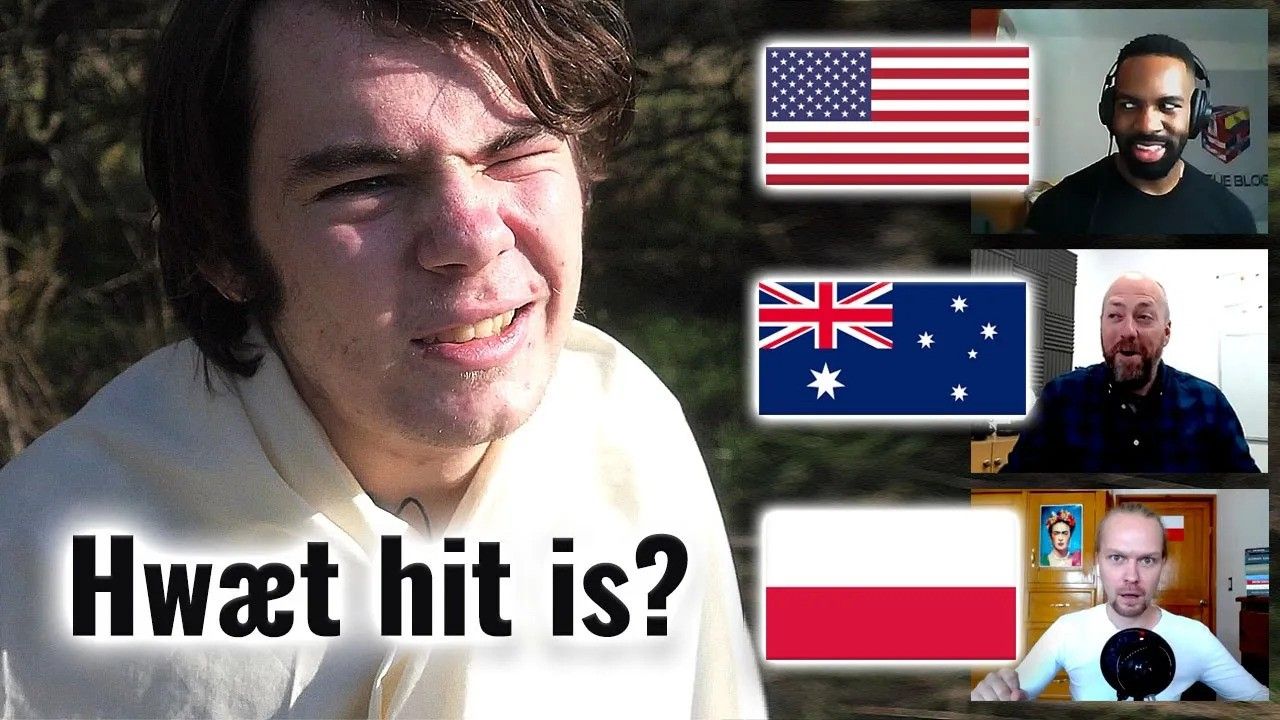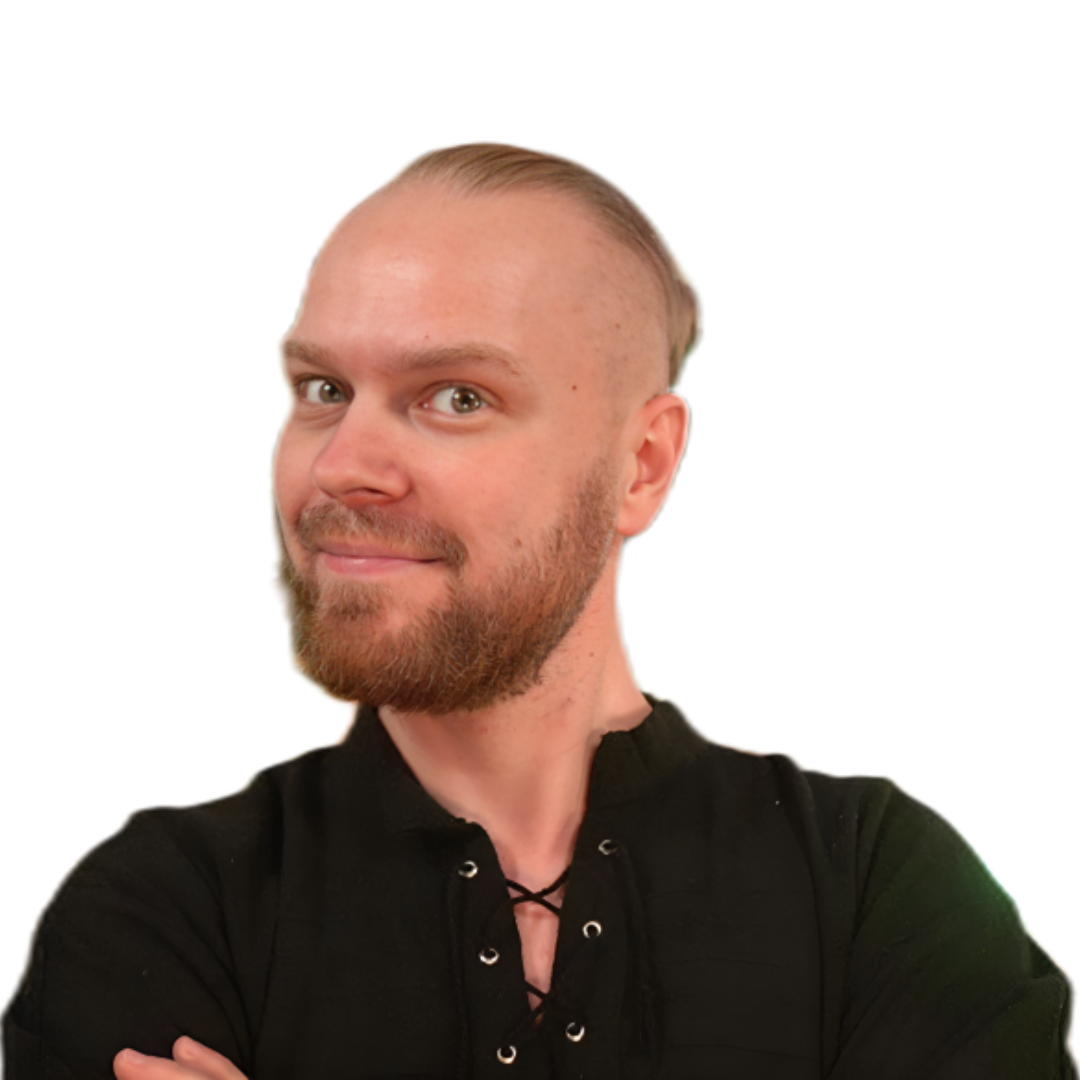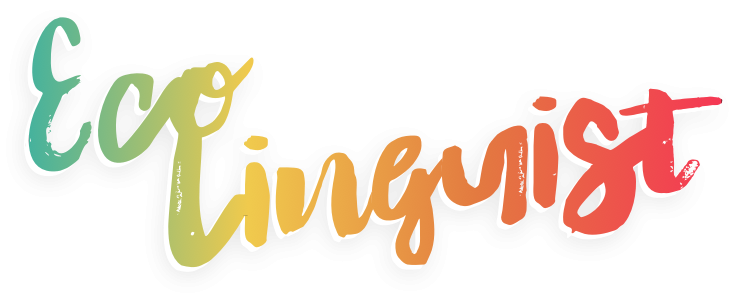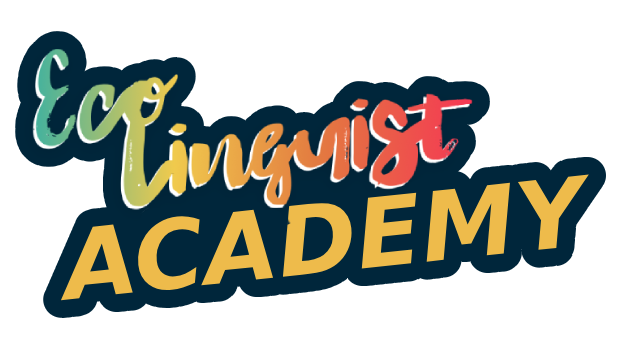How the Old English Episode Happened (and Why It Wasn't Supposed To)
This wasn’t supposed to be the first Germanic languages episode.
At the time, I was still deep in the world of Slavic language comparisons — testing mutual intelligibility between Czech, Polish, Russian, and beyond — and had just begun exploring Romance languages. That’s where I thought the show was headed next.
But then something unexpected happened: Simon Roper’s now-iconic video interview in Old English started going viral. I hadn’t come across his work before, but the algorithm figured we were in the same niche — and it was right. When it recommended his video to me, I instantly saw the opportunity:
what if we could let English speakers finally experience that same “aha” moment of linguistic connection that Slavic and Romance speakers get in our episodes?
At first, I wasn’t sure I should reach out. My channel was still growing, while Simon’s had already earned a loyal following. But in January 2020, I decided to just send him a message. No expectations. Just an idea.
I watched your video with Old English and I thought it was very interesting that you can speak it. 😄 I’m a YouTuber — Ecolinguist — and I focus on mutual intelligibility experiments...
To my surprise, Simon replied. He liked the concept and said he’d be open to trying it. He was honest about his limitations: he doesn’t speak Old English fluently — his videos are scripted and carefully rehearsed — but he appreciated the experimental nature of what I was proposing. So we adapted the format to make it work.
Shortly after, I reached out to Christian from Canguro English, who I’d been following for a while, and to Ricky from Bilingual Blogs, who I noticed had recently subscribed to my channel. Back then, that’s how I found guests — checking who was following the project and reaching out directly.
We were ready. But then… March 2020 happened. The world shifted, and the project got delayed. Eventually, we managed to publish the episode in May 2020.
That Old English episode — which wasn’t part of the plan at all — ended up becoming the accidental first entry in the Germanic languages series.
In a way, it was a false start for that playlist, but it turned out to be a lucky one.
-
What the Comments Taught Me — and What Happened Next
-
I Was in That Episode Too — And Not Everyone Got It
-
A False Start That Opened the Door
What the Comments Taught Me — and What Happened Next
What I haven’t talked about yet is that… I was actually in that video. And I’ll be honest — I was pretty nervous about it.
At the time, the mutual intelligibility format was still new, and this was the first time we were stepping into the Germanic language space. One of the main reasons I decided to appear in the video myself was actually to help steer the format. I needed to be present — not so much as a featured guest, but as a kind of inside host — to make sure the rhythm stayed consistent and the participants didn’t drift too far off course. (They sometimes did, and those parts were quietly edited out.)
But once we started recording and Simon began speaking Old English, I suddenly felt like an imposter. The language hit my ears in a way I didn’t expect — familiar, yet strangely alien — and I panicked a little. I knew I was on camera next to fluent native English speakers from different continents, and here I was, struggling to make basic guesses. I didn’t want to derail the challenge, so I leaned into humor. I made jokes. I played the role of the cheerful non-native participant. And for the most part, that worked.
Still, some viewers were confused. “Why is a Polish guy here?” What many didn’t realize is that I wasn’t there just for myself — I was there to represent a much larger group of people. Not immigrants, necessarily, but the global majority of non-native English speakers who use English every day as a bridge across borders.
If you want to participate in international culture, work across countries, or connect with people who don’t speak your mother tongue — you learn English. It’s not always fair, and it’s rarely perfect, but it’s the common ground we have. Most of my subscribers at the time — and even now — are part of that world. And I felt it was important to reflect that in the video.
Looking back, I’m glad I was there. And I’m glad I struggled on camera a bit. Because this series was never meant to show off what people already know — it’s about what happens when they try to understand something new. And the reactions in the comments confirmed that.
People shared their own linguistic reference points — from Dutch to German to Frisian. Some talked about the joy of recognizing old words in new forms. Others admitted they couldn’t make sense of it at all but found it fascinating anyway.
Some were surprised that a format like this even worked in English. They’d seen our Slavic and Romance videos and often joked that English was too isolated to join the party. This episode changed that. It gave English speakers their own moment of discovery — and made visible something many hadn’t realized: English isn’t a linguistic island, it’s just... complicated.
I Was in That Episode Too — And Not Everyone Got It
When the Old English episode finally came out, I wasn’t sure what to expect. It felt like a different kind of experiment — a borrowed format adjusted for a language I didn’t know much about, with a popular and well-established YouTuber, and filmed during a time when everything in the world felt uncertain. But once the video was live, it was the comments that made everything click.
English speakers — many of whom had followed the channel out of curiosity or because of their own multilingual backgrounds — finally had a chance to experience that strange, magical feeling of “I kind of get this... but not quite.” A lot of them had been watching our Slavic and Romance episodes and saying things like, “I wish English had something like this,” or “It’s not fair, we don’t get to play this game.”
Well, now they did.
And the reactions were amazing.
Some viewers compared Old English to Dutch, German, or even Old Norse. Others pulled out grammar notes and case endings. A few pointed out that some of the Old English forms used in the video weren’t entirely accurate — which caught some people off guard. Because Simon presents so confidently and speaks with authority on his channel, a few viewers assumed he must be fluent. That’s a common trap with YouTube: creators are often held to unrealistic expectations, even when they’re clearly exploring something outside their core expertise.
These videos were never meant to be flawless. They were — and still are — homemade experiments.
And Simon was always upfront about that. He even debated on Reddit whether to remove his original Old English video because he didn’t want to misrepresent the language. He’s that kind of creator — serious about learning, not about posturing.
For our episode, we never considered removing anything. That was the point. These videos aren’t about delivering perfect linguistic models. They’re about people exploring language together — sometimes awkwardly, sometimes hilariously — and learning along the way.
And something unexpected happened after that. Luke Ranieri, who saw the Old English episode, reached out to collaborate. That became the beginning of what would later turn into our Latin series, which shaped the entire Romance Languages playlist.
So in a way, Simon was the domino that tipped the whole thing forward.
A False Start That Opened the Door
When the Old English episode finally came out, I wasn’t sure what to expect. It felt like a different kind of experiment — a borrowed format adjusted for a language I didn’t know much about, with a popular and well-established YouTuber, and filmed during a time when everything in the world felt uncertain. But once the video was live, it was the comments that made everything click.
English speakers — many of whom had followed the channel out of curiosity or because of their own multilingual backgrounds — finally had a chance to experience that strange, magical feeling of “I kind of get this... but not quite.” A lot of them had been watching our Slavic and Romance episodes and saying things like, “I wish English had something like this,” or “It’s not fair, we don’t get to play this game.”
Well, now they did.
And the reactions were amazing.
Some viewers compared Old English to Dutch, German, or even Old Norse. Others pulled out grammar notes and case endings. A few pointed out that some of the Old English forms used in the video weren’t entirely accurate — which caught some people off guard. Because Simon presents so confidently and speaks with authority on his channel, a few viewers assumed he must be fluent. That’s a common trap with YouTube: creators are often held to unrealistic expectations, even when they’re clearly exploring something outside their core expertise.
These videos were never meant to be flawless. They were — and still are — homemade experiments.
And Simon was always upfront about that. He even debated on Reddit whether to remove his original Old English video because he didn’t want to misrepresent the language. He’s that kind of creator — serious about learning, not about posturing.
For our episode, we never considered removing anything. That was the point. These videos aren’t about delivering perfect linguistic models. They’re about people exploring language together — sometimes awkwardly, sometimes hilariously — and learning along the way.
And something unexpected happened after that. Luke Ranieri, who saw the Old English episode, reached out to collaborate. That became the beginning of what would later turn into our Latin series, which shaped the entire Romance Languages playlist.
So in a way, Simon was the domino that tipped the whole thing forward.

By clicking “I Consent” you agree to load this video from YouTube (via youtube-nocookie.com). YouTube may set cookies and collect data per the Google’s Privacy Policy.
About the author
Norbert Wierzbicki



